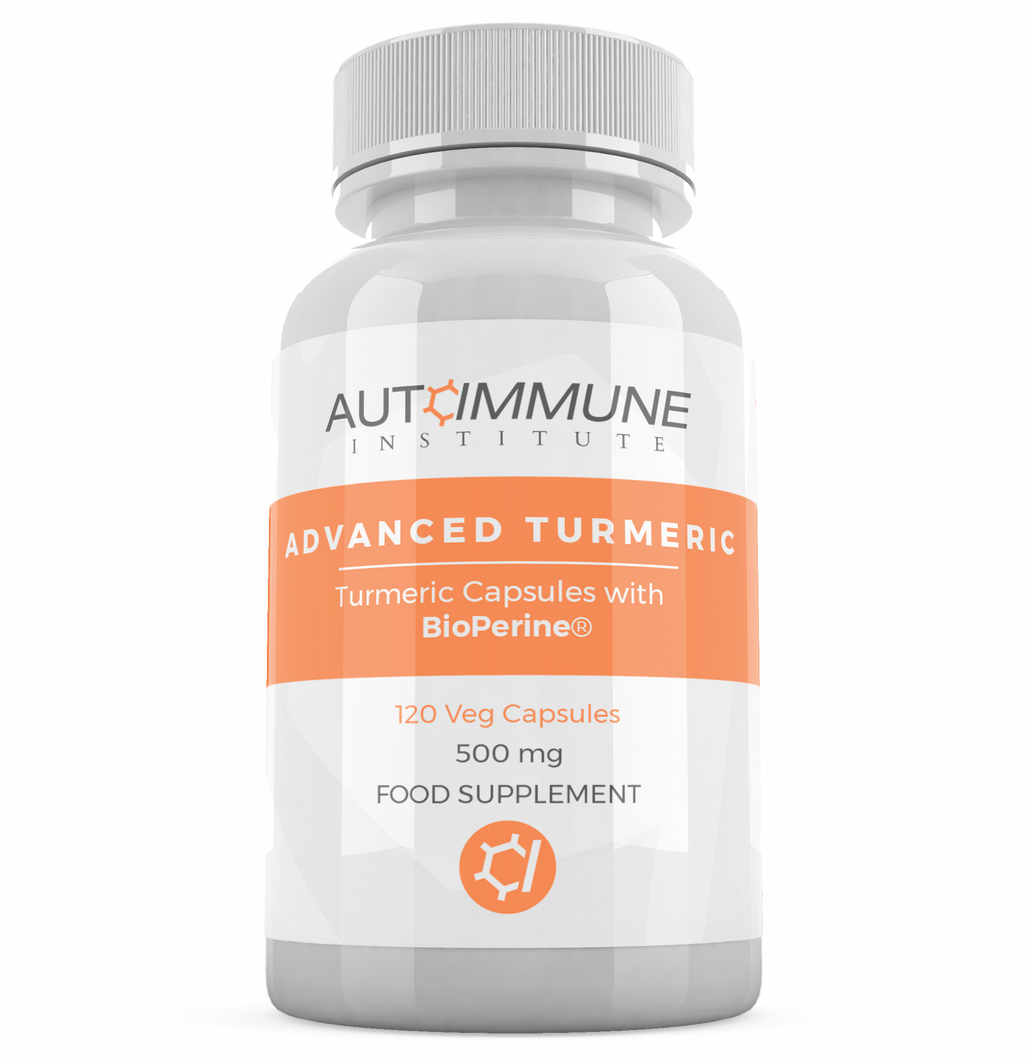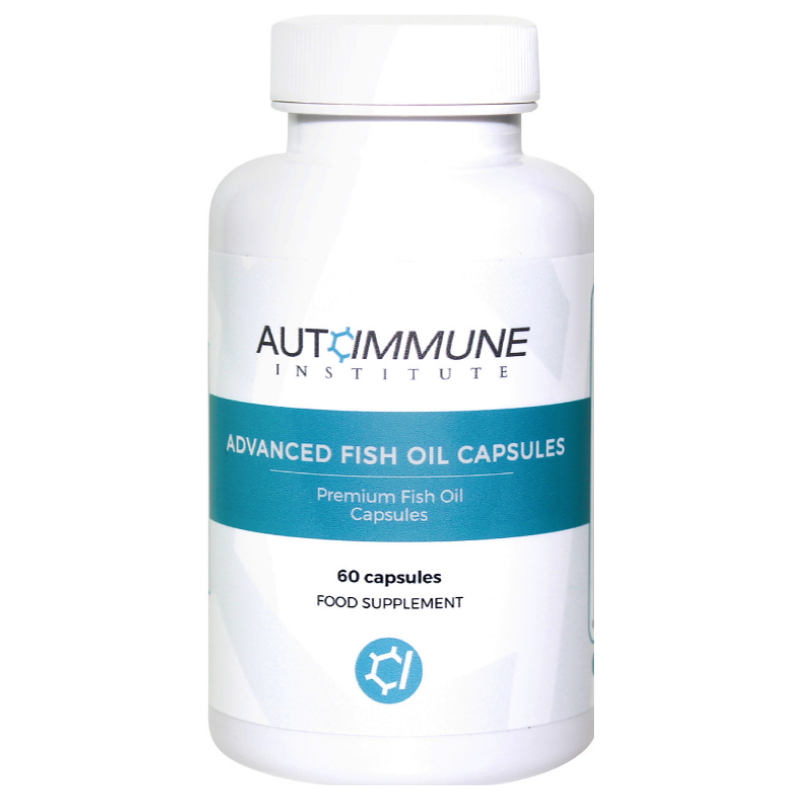- Health Solutions
- All Products
- Ultra Maca *NEW*
- Advanced Collagen V2
- Advanced D3 + K2
- Advanced Deep Sleep
- Advanced Digestives
- Advanced Fish Oil (Capsules)
- Advanced Glucosamine / Chondroitin Complex
- Advanced Lotus Spike Acupressure Mat
- Advanced Magnesium
- Advanced Multi
- Advanced Turmeric
- Advanced Vitality
- Prime FemFlow
- Pure BeeComplex
- Pure Bowel Relief
- Pure Flora V2
- Pure MetaBoost
- Pure Rest + Reset
- Ultra ProSupport
- Gift Cards
- Support
- Sign in
Are you eating enough of this?
Donna, Sophie and I went to the zoo the other day followed by a Nando’s on the way home.
I know it’s not the world’s most healthy food, but I enjoy it, it’s convenient and I certainly don’t think anyone should live like a monk.
As part of Sophie’s meal she had a “Fat Free Frozen Yoghurt” which I admit I ate most of.
I’ve no doubt at all that it was filled with sugar (it was VERY sweet) and I must admit it does sadden me a little that foods are still advertised as “fat free” in an attempt to get people to believe they must be healthy.
Fats are possibly the most important part of your diet.
Of course, poor quality fats are linked with illnesses and disease and poor health.
They can lead to inflammation, obesity, diabetes, and much more.
But that doesn’t mean that all fats should be classed the same.
In fact, the right fats are critical for you and all too often, when people come to me struggling with their health, the amount of good fat in their diet is FAAAAR lower than it should be.
Fats ensure our nervous system functions as it should, and lubricate our cells, allowing for improved nutrient uptake.
They’re also critical for hormone production…
If we want more energy, more sex drive, better skin, better performance and feel better in ourselves then hormones are essential for that.
A low-fat diet (or having the wrong fats in our diet) will mean we suffer from hormonal problems.
In fact, these hormone problems are a major driver of fatigue.
Unfortunately, the bad fats have meant that almost all fats have incorrectly been given a bad name which is why so many people end up with too little fat in their diet.
Bad fats, which include things such as vegetable oil and margarine, are often found in processed foods, and used in restaurants for frying, primarily due to the fact they are cheap.
They are extremely damaging to your health, can cause heart disease, increase inflammation, and make you fat.
However, fats from unprocessed sources are generally considered to be good fats.
One particularly important type of fat is omega 3.
This is an “essential fatty acid”, that studies have shown can help to support heart, brain and eye health, amongst other things.
Oily fish (such as salmon, mackerel and sardines) is a particularly good source of omega 3 but to get the recommended daily dosage from fish alone isn’t always convenient, easy or great for personal preferences (not to mention leaves you exposed to the toxins commonly found in today’s fish supply).
Unfortunately, many people have far too little omega 3 in the diet, and much more of the omega 6 type of fats
Most health experts recommend that everyone supplements with fish oil on an ongoing basis, but unfortunately, many companies have released very poor quality supplements that are filled with toxins and don’t provide you with sufficient levels of the Omega 3 fats that you require in a form that your body can easily absorb.
Because of this I actually think “Advanced Fish Oil” is the best quality fish oil on the market.
To find out more about it and make sure you are getting enough fats in your diet, just click here.
One reason that this fish oil is so much better than the majority of others out there is that it has been tested for PCB’s, Dioxins, Furans, PAH’s and to ensure the absence of detectable levels of mercury and other heavy metals.
These toxins are all major problems with not just fish oils but many of the fish that you can buy these days, and over time it can have a serious impact on your health, especially if you already suffer with a chronic health condition.
Follow
* Results Not Typical. All discussion about results on this website are based on individual findings where each circumstance is completely unique and may not be similar or the same as you. These products are not intended to diagnose, treat, cure or prevent any disease. The information on this Web site or in emails is designed for educational purposes only. It is not intended to be a substitute for informed medical advice or care. You should not use this information to diagnose or treat any health problems or illnesses without consulting your doctor.- Products
- Search
- Contact
- Privacy Policy
- Website Terms
- Wholesale
- Ambassador Programme
- Login
- Shipping & Return Policy
© 2025 Autoimmune Institute.
71-75 Shelton Street Covent Garden, London WC2H 9JQ United Kingdom. Wellness Autoimmune Ltd. All rights reserved.





